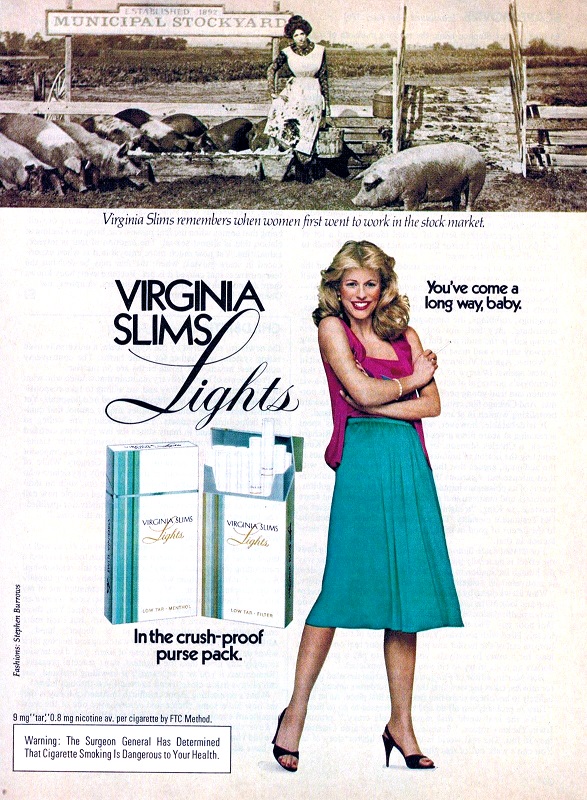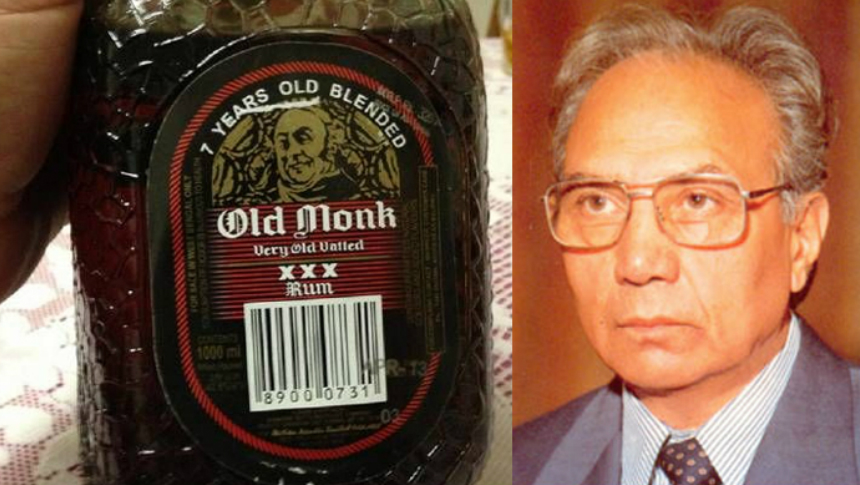Global tobacco giant, Philip Morris International (PMI) launched a print campaign, a couple of days back, declaring its New Year’s resolution to “give up cigarettes” in the UK. The tobacco company made a number of specific commitments for 2018 in the ad such as the launch of a website that contains information on quitting cigarettes and an offer to support local authority cessation services where smoking rates are highest. In the same ad, the company also boasts about how no cigarette company has done this before and promotes the availability of alternative products such as their e-cigarettes to help people get off cigarettes in the UK. Whether PMI’s latest claims are credible or just another publicity stunt is a different debate altogether but what it has brought to light is the shift that has taken place in the society today.

Decades ago, cigarette smoking was the epitome of cool and glamour. Who doesn’t remember Audrey Hepburn, wearing a famous Givenchy little black dress, with a foot-long cigarette holder in her hand? Closer home, we have superstar Rajnikanth’s much imitated act of tossing a cigarette in his mouth and lighting it up stylishly. Cigarettes have long been associated with flair and sophistication. Print ads from the 30s-80s unwittingly glamorized tobacco usage.

Take PMI’s 1936 print ad for instance – it said, “Philip Morris Cigarettes have been PROVED by actual tests on human throat measurably and definitely milder than ordinary cigarettes”.The Marlboro ad declared, “For man’s flavour come to Marlboro Country”. There was also the famous Virginia Slim’s “You’ve come a long way, baby” campaign that literally used the feminist movement to sell cigarettes to women. The Virginia Slims television jingle was especially catchy with lyrics like – “You’ve come a long way baby, to get where you’ve got to today. You’ve got your own cigarette now baby, you’ve come a long way”. Interestingly, Virginia Slims was the last cigarette commercial to be aired on American television.


Today, there is no room for such deceptive advertising. Our behaviors, perceptions and attitudes towards smoking have changed dramatically. Tobacco is no more socially acceptable and cigarette brands cannot get away by downplaying the risks of smoking in order to sell their products. There is an improved understanding of the health risks and we are all finally acknowledging that smoking kills. The first quarter of 2017 saw a dip in cigarette sales for PMI, with brands like Marlboro, L&M and Chesterfield, dropping by 11.5 % and the overall turnover dropped by 1.4 %. According to the Global Adult Tobacco Survey (GATS), released by India’s Union health ministry 6 months ago, the prevalence of tobacco use among people in India between 15 and 24 years has reduced from 18.4% in 2009-10 to 12.4% in 2016-17. Back in 2002, Ogilvy & Mather India’s anti-smoking ad for the Cancer Patients Aid Association (CPAA) won several awards at the Cannes Lions. The hard-hitting ‘Second-hand smoke kills’ campaign created under the creative supervision of Piyush Pandey, featured a rider with a dead horse lying on the ground, hinting at the perils of passive smoking.

Incidentally, tobacco might just be the first of many categories that are falling into a terminal decline. As consumer preference is shifting to healthier food and beverages, the Cola industry seems to be under siege. Once again, consumers, today, now recognise the health risks associated with sugar sweetened beverages. People now prefer natural products, organic ingredients and brands like Paper Boat, Parle, Dabur have managed to push Cola giants into a corner through their healthy drink products. Similarly, trans fat consumption has declined by 80% in US since 2003 and in India too, this is a category that we might soon start bidding farewell to. Today, people are aware of how trans fats are responsible for a range of chronic illnesses. According to a 2016 article by the Wall Street Journal, only one in five millennials has ever tried a Big Mac, because the Big Mac “has gotten less relevant”. There are other products too like cereal, gum, bread and bars of soap that people have reduced buying due to lifestyle changes.
Come to think of it, most of these shrinking industries were once hallmarks of lifestyle but have been displaced by new and better evaluated choices. It is no wonder that Philip Morris is shifting course and trying to win over today’s rapidly changing consumers.

